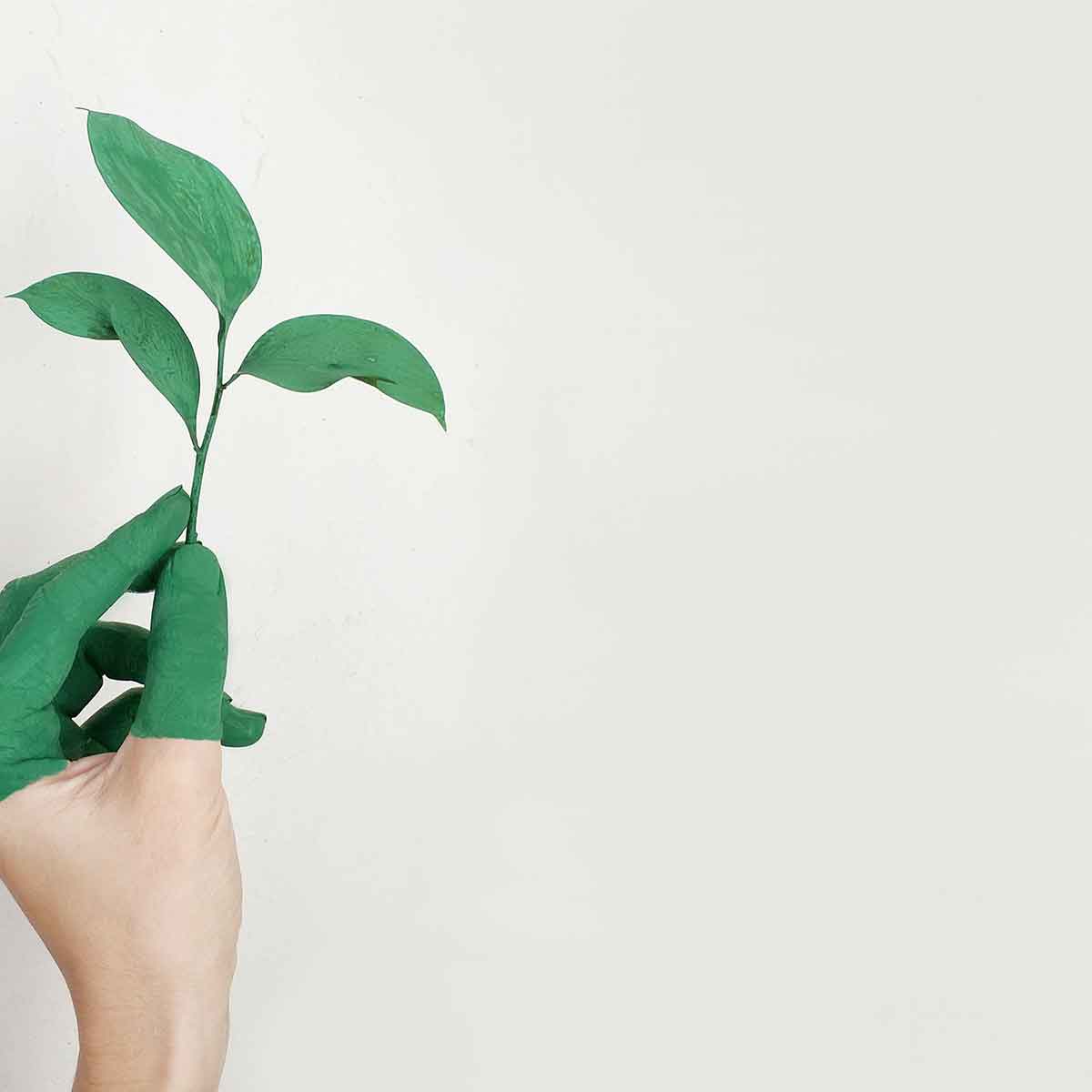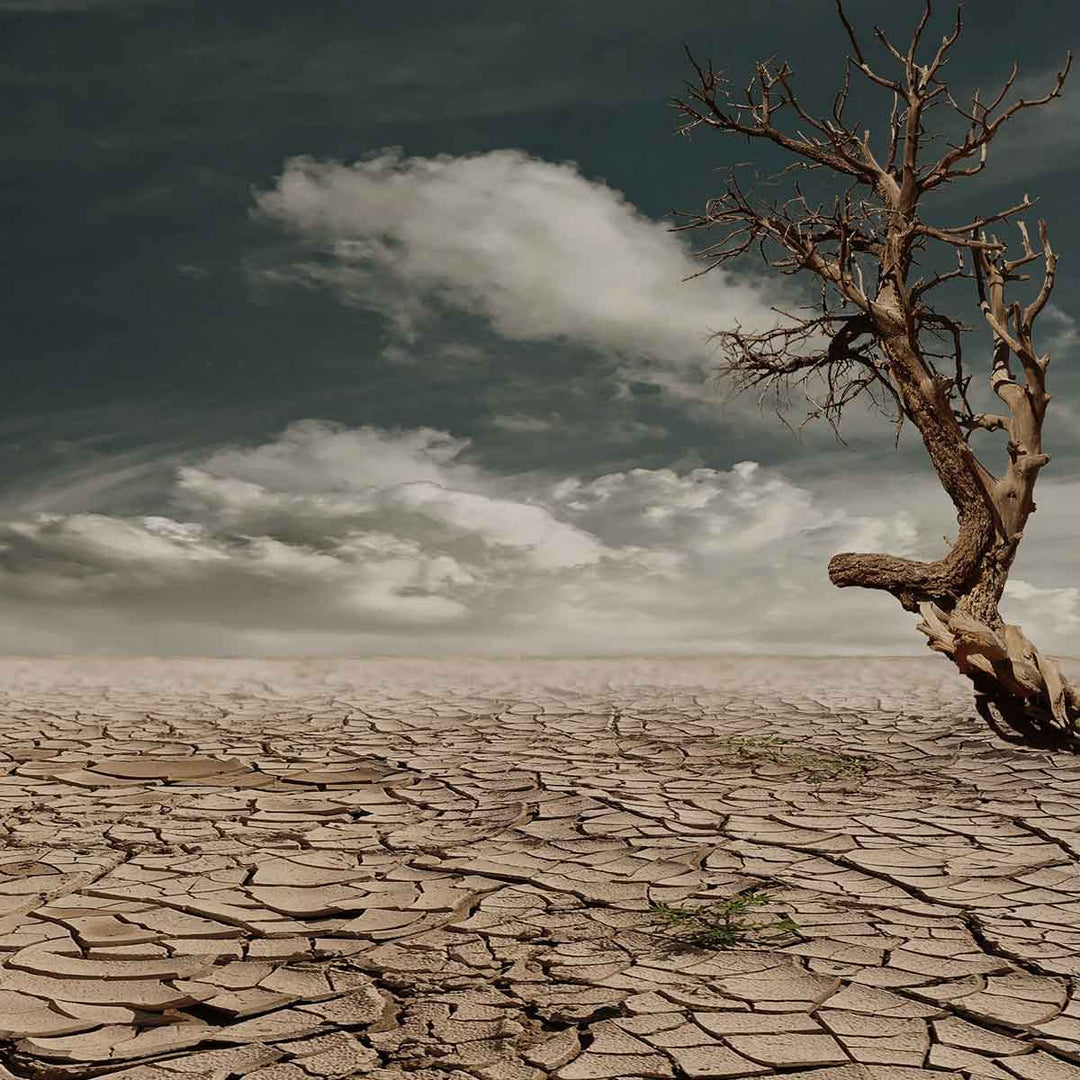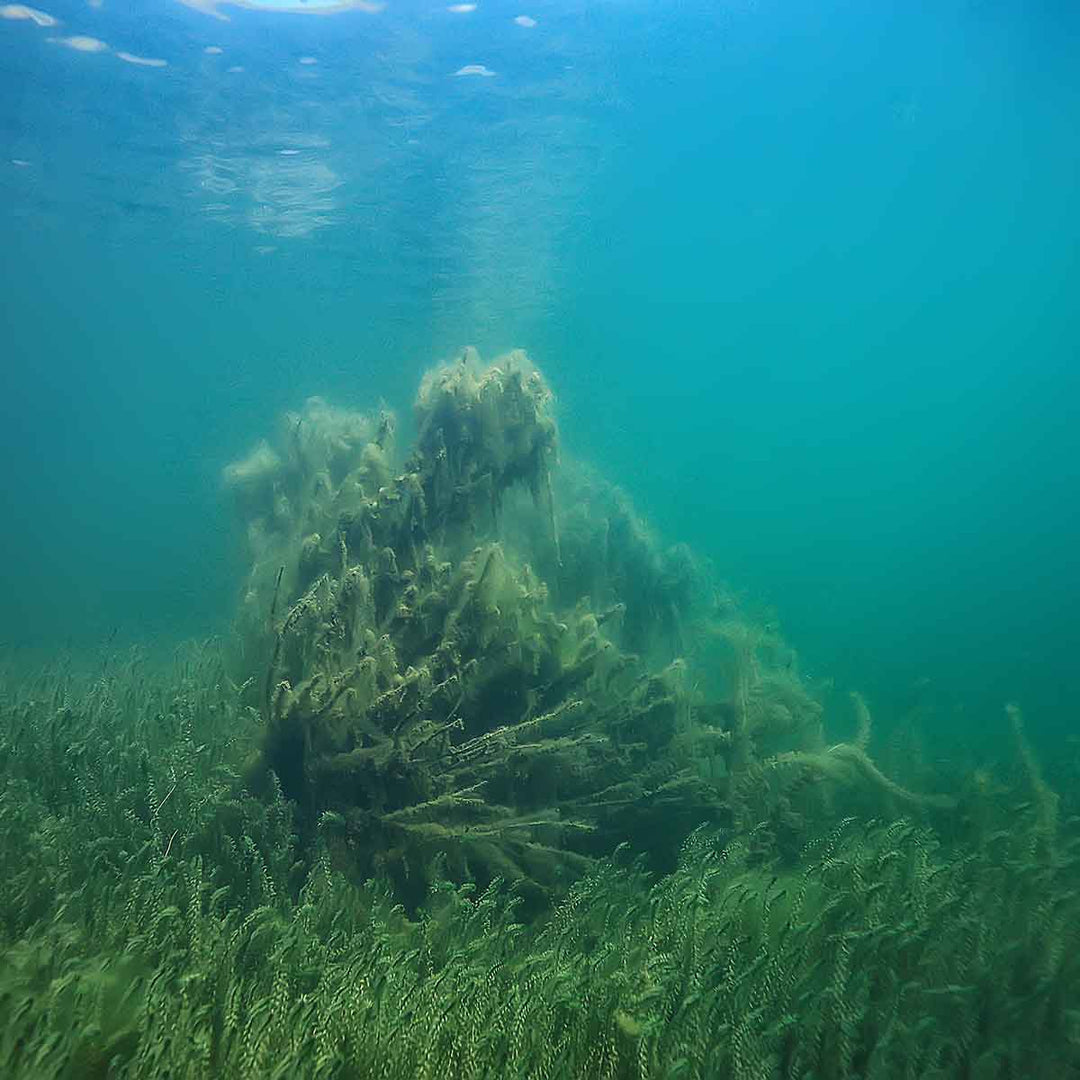What is recycling?
The definition of recycling is one that has been adapted over the years as the processes involved in the concept have developed and changed. Recycling refers to the process of turning waste and old materials and items that are no longer used into new and perhaps more useful products. This process is one that has been used over hundreds of years, but as the world becomes more reliant on unsustainable energies, it is becoming more and more imperative that we reduce our waste and resume and recycle what we can. This ensures that the energy that has gone into developing and making the different products is not wasted when we throw them out and subsequently start to store them in landfills. Green Petition Towels are %100 recycled and contribute to a greener world!

How to recycle?
There are many different ways to recycle and many kinds of materials that are recycled. One of the most effective ways to ensure you are doing your bit is to make sure that the plastics you use, the clothes you are looking to get rid of and the waste you throw away are given to the correct people and companies who will make sure that your waste will be recycled correctly. We may not have the capabilities or the time to go through the entire recycling process but there are many out there who are contributing to society by recycling, some even creating jobs and making a living off of it.
Why is recycling important?
There are several reasons why recycling is incredibly important, the main one being that it is something that can go a long way to saving the planet. Whether you are just refilling your recycling bags each week or are looking to make a career out of helping to reduce waste and recycle products, it is incredibly important that we all do our bit to help reduce our consumption and waste. The following are just a few reasons why this is such an important concept.
Our natural resources are protected
The meaning of recycling is to reduce our consumption of natural resources and use what we already have. If you take a look at the entire manufacturing process, all of the natural resources that we use to build our houses or design our fabrics are taken out of nature and then processed and turned into the final products that we purchase from our local shopping centres. By recycling and using products that have already been through the manufacturing process, you are reducing the need for newly manufactured products. This ensures that fewer natural resources are removed and are protected. One of the best examples of this would be looking at paper production. Paper is made from cutting down trees and by using recycled paper, you are reducing the need for new products and are ultimately reducing the number of trees that are cut down. recycling a paper may seem like a small way to help protect natural resources, but if we all contribute it can go a long way to saving our environment.
Energy savings are provided
Every item of clothing that we wear, every piece of furniture that adorns our home and every toy that we may purchase or give to our children has taken up a lot of energy to be made. The entire manufacturing process is one that takes up an insurmountable amount of energy and natural resources and discarding objects that have taken time and energy to produce is not good for the environment. By recycling products, you are ensuring that the energy that is consumed through the process is not lost by only using the item a few times. With recycling, there is less energy used and consumed.
It contributes to the economy
While there is no escaping the fact that recycling is good for the environment, it is also a large contributor to the economy. One of the main reasons why recycling is good for the economy is because it offers a cheaper manufacturing alternative as much of the processing and creation of a product has already been completed. This means that recycled products are often far cheaper than products that are not recycled as a very expensive part of the manufacturing process has been eliminated. Another reason why recycling contributes to the economy is due to the fact that it creates many jobs in a variety of different markets, from steelworkers to paper manufacturing plants. With so many new jobs created and a boom in skills revolving around the recycling process, it’s not hard to see why recycling is also necessary for the economy.

What can we do for recycling in our homes?
There are many different things we can do in our homes to contribute to the recycling efforts and each little contribution goes a long way to creating a better tomorrow. By including things like recycling bins for kitchens and placing recycling and waste bins all over your house and office, recycling becomes the new norm and this can go a long way. Another way we can ensure that our homes are using less energy is by recycling textiles and other household goods as these kinds of items are also known to use a lot of energy through the manufacturing process and are items that are commonly found in landfills.
What are recycling symbols and codes?
As there are many different kinds of materials that can be recycled, it is important to be able to clearly distinguish the different materials from each other. Recycling symbols and codes are how this is done and there are several different recycling codes and symbols to ensure that different materials are never mixed up with one another.
What do the recycling symbols and codes mean?
- PET (Polyethylene terephthalate): This is a type of material that is commonly associated with plastic bottles.
- HDPE (High-density polyethene): This kind of material is widely known to be used for things like milk jugs and cleaning detergent bottles.
- PVC (Polyvinyl chloride): This is a type of soft and flexible plastic, often seen in things like children’s toys and furniture.
- LDPE (Low-density polyethylene): Plastic wrapping and plastic bags are made out of this kind of material.
- PP (Polypropylene): many food containers are made from this kind of material, things like margarine and yoghurt containers are common examples.
- PS (Polystyrene): Also commonly known as styrofoam, many types of disposable kitchen products are created from this type of material.
- Other: Any object or material that does not fit in with any of the above signs are labelled as other and these types of objects are often made with a variety of different plastics and would be extremely hard to recycle.













